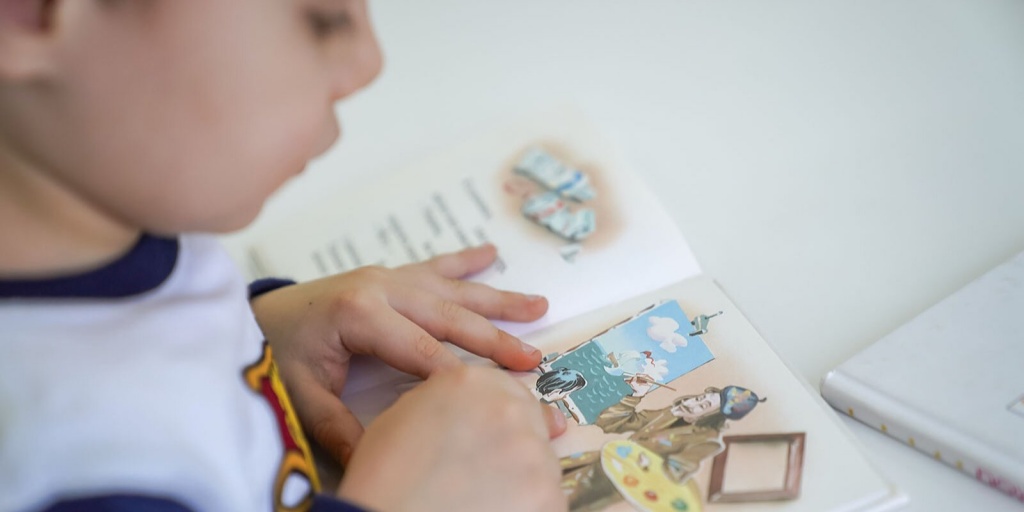Photo credit: E. Samarin / mos.ru (CC BY 4.0)
Neurolinguists from Russia and other countries for the first time conducted a study of the processes that occur in the brain of bilinguals who actively use two languages in everyday life. According to the Higher School of Economics, which participated in the experiments, the study showed that the brain has a common lexicon consisting of words from both languages, TASS reports.
Scientists have proved the theory on the bilingual lexicon, having found out that for native speakers of two languages, words appear automatically in the brain. The peculiarities of thinking of bilinguals, who freely operate in two or more languages, have long been of interest to science.
The aim of the study was to study the influence of bilingualism on the work of the language centers of the brain. A team of 17 HSE students was formed to take part in the experiment. Scientists analyzed the work of their brains when listening to pairs of Russian and English words.
It has been noted that the brain of bilinguals needs extremely little time to recognize words from the languages it uses, which proved the existence of a common lexicon that speeds up this process. The scientists plan to identify the regions of the brain that control the use of several languages by a person.
Russkiy Mir


